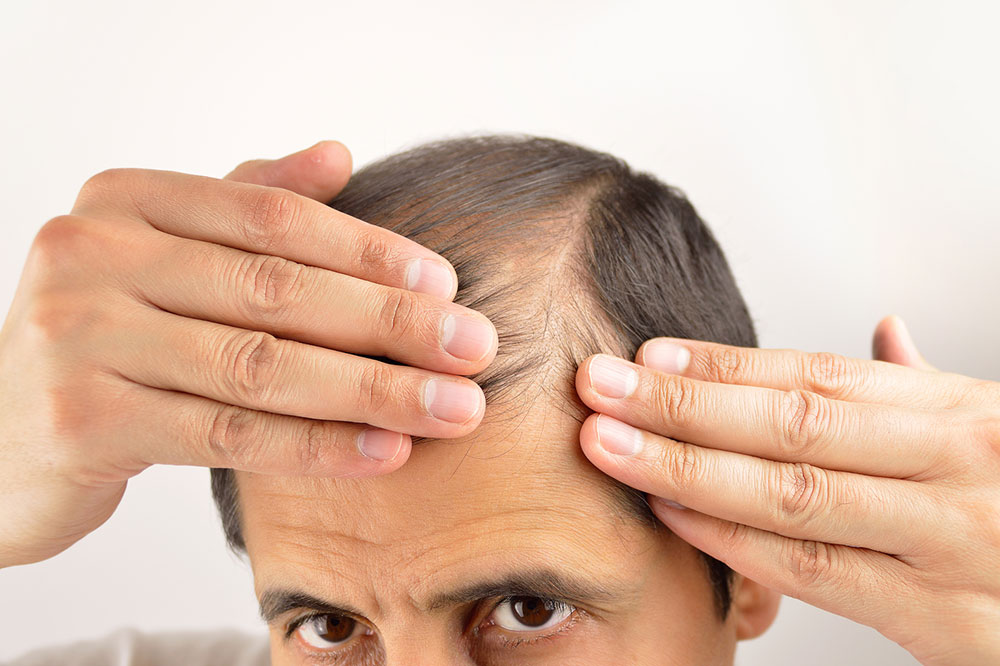Top 4 reasons for unnatural hair loss patterns

Hair loss is a natural process that automatically gets rid of old tissue and hair to promote new growth. So don’t be alarmed when you do find a few strands of hair tangled in your comb. However, a clearly visible scalp and a receding hairline are indicative of developing the problem of permanent hair loss. There are several internal and external factors that can accelerate hair fall, leading to pattern baldness in both men and women.
Here are the top four reasons that trigger unnatural hair fall.
Stress
Stress ranks among the top risk factors associated with many medical conditions. In fact, one way or the other, taking physical or psychological stress harms the body more than you can imagine. For hair loss, especially, excessive shedding starts right after the body undergoes physical or psychological distress. A few examples include experiencing high fever, blood loss due to accident or injury, or even post-surgery recovery can result in stress that causes hair loss. Stress, coupled with anxiety, results in accelerated hair loss. To cope with this problem and reduce its effects, stress management is of crucial importance.
Hormonal changes
Men and women both experience hormonal changes throughout their lifetime. However, an imbalance associated with various conditions can trigger hair loss. For example, following childbirth or after menopause, women may experience more hair fall. Note that men start experiencing male pattern baldness after a certain age and for many, hair fall may occur even in their teens. The hormone dihydrotestosterone (DHT) is crucial to maintain healthy follicles and promote hair growth. A reduction in DHT can lead to unwanted hair loss.
Improper diet
Understand that the food you eat plays a critical role in maintaining your overall hair health. The body needs the necessary nourishment to sustain natural functions, one of them being active hair growth. Lack of iron and zinc in your daily diet can trigger hair loss, irrespective of your age. In fact, recent studies have shown that deficiency of vitamin D, B-12, C, A, selenium, and biotin results in hair fall. To counter the mineral deficiency, you must include staples across the pantry in your daily diet. A wholesome diet will replenish the lack of nutrients naturally without the need for supplements.
Side effects of medications
The composition of certain medications has varying levels of side effects that can impact adults of all ages. There are many over-the-counter and prescription medications, the regular use of which can trigger unnatural hair fall. Medicines prescribed for reducing blood clots (anticoagulants), for depression treatment (antidepressants), and even seizures (anticonvulsants) can trigger loss of hair. Even women who use oral contraceptives may experience some amount of hair fall due to the hormonal changes. Note that not all medications possess the chemical composition to trigger unnatural hair fall.

